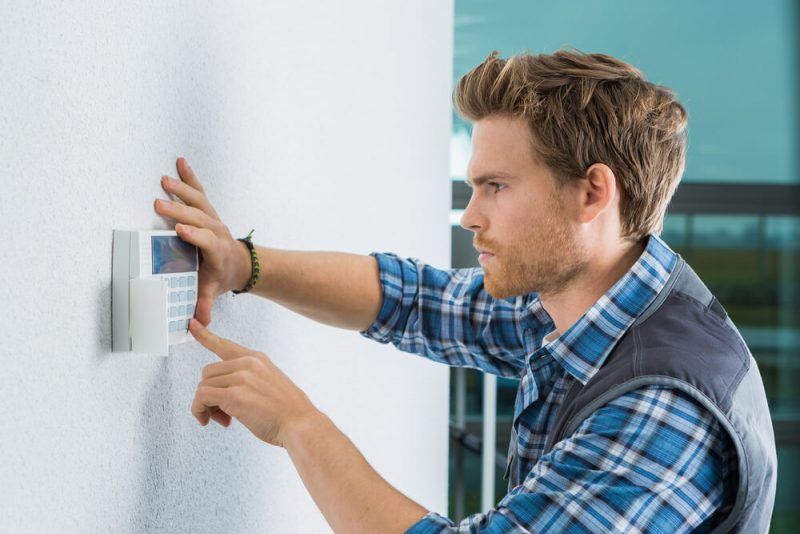As strange as it may sound, false alarms can be dangerous. Why you ask? The reason is simple. A security alarm is in place to protect a building and its contents, including people. If the alarm goes off, that signals to us that you need help.
The problem with false alarms is that if we respond to a false emergency it wastes time, which impacts our ability to protect someone who is in real danger.
Ultimately, responding to an alarm takes resources, such as trained security personnel, vehicles and protective gear. Responding to false alarms thins out these resources, which could have a life or death impact on someone else – someone who is in need of assistance and protection.
False alarms aren’t generally intentional, nor are they usually anyone’s fault. Some may be a bit too slow to type their alarm code in. While others may have pets or young children who accidentally set the alarm off.
Whatever the reason, it’s clear that more often than not, there is no ill intent behind a false alarm. However, it could still have a negative impact on those in your community. Here are 3 checks you can perform to help you reduce the risk of a false alarm:
- Prevent false alarms with maintenance
Alarm maintenance isn’t only important in preventing false alarms, it’s also important for your protection.
Servicing and maintaining your alarm system means that your sensors and keypad are all kept in working order. It also ensures there aren’t any weaknesses in your system. Weaknesses that someone could exploit, such as a loose sensor on a window.
In contrast, maintenance also fixes issues such as over sensitive sensors. For example, a door sensor that is too sensitive and triggers your alarm whenever there’s a slight breeze.
As we mentioned before, false alarms normally aren’t intentional and are often the fault of a pet. For this reason, we suggest contacting us for an obligation-free security assessment.
An assessment will be able to assist you with possible security weak points. Not to mention, it assists you in identifying much-needed adjustments. Adjustments that will accommodate your pets, children and even your lifestyle.
Things such as changing the height of your motion sensors and the sensitivity of the sensors on your windows and doors could assist greatly in preventing false alarms. You could also change the amount of time you have to input your alarm code.
Not everyone is technically inclined and getting to know your alarm system may seem a bit frightening. However, you have nothing to worry about.
When we say ‘know your system,’ we mean you should make mental notes of any issues and memorise your alarm code.
So, if a false alarm occurs, you can let your security company know there is an issue with, for example, your door sensor. We also emphasise knowing your alarm code because forgetting it is one of the frequent, but many reasons false alarms happen.
You should also agree on a ‘safe’ word with your security company. So, if your alarm should go off and you don’t need assistance, you can prove that you aren’t in need of help using a single word.
If you would like to find out more about alarm monitoring, or the benefits of having a security assessment, please read out blogs, ” Here’s why you need a security assessment” and ” Security monitoring, it’s much simpler and more effective than it sounds. ” Alternatively, if you have any security related queries or questions please contact us, we’d be happy to advise and assist you.





































































